Metcalf Institute celebrated 25 years of bringing science to the conversation, on June 13-17, 2022, for our Annual Public Lecture Series.
This year’s speakers explored the causes and consequences of coastal and inland flooding, including how climate change is affecting flooding, the inequitable impacts of flood events, and how communities are taking action. The weeklong series highlighted leaders in science, policy, and community engagement to explore the latest research and collaborative efforts to respond to our changing environment.
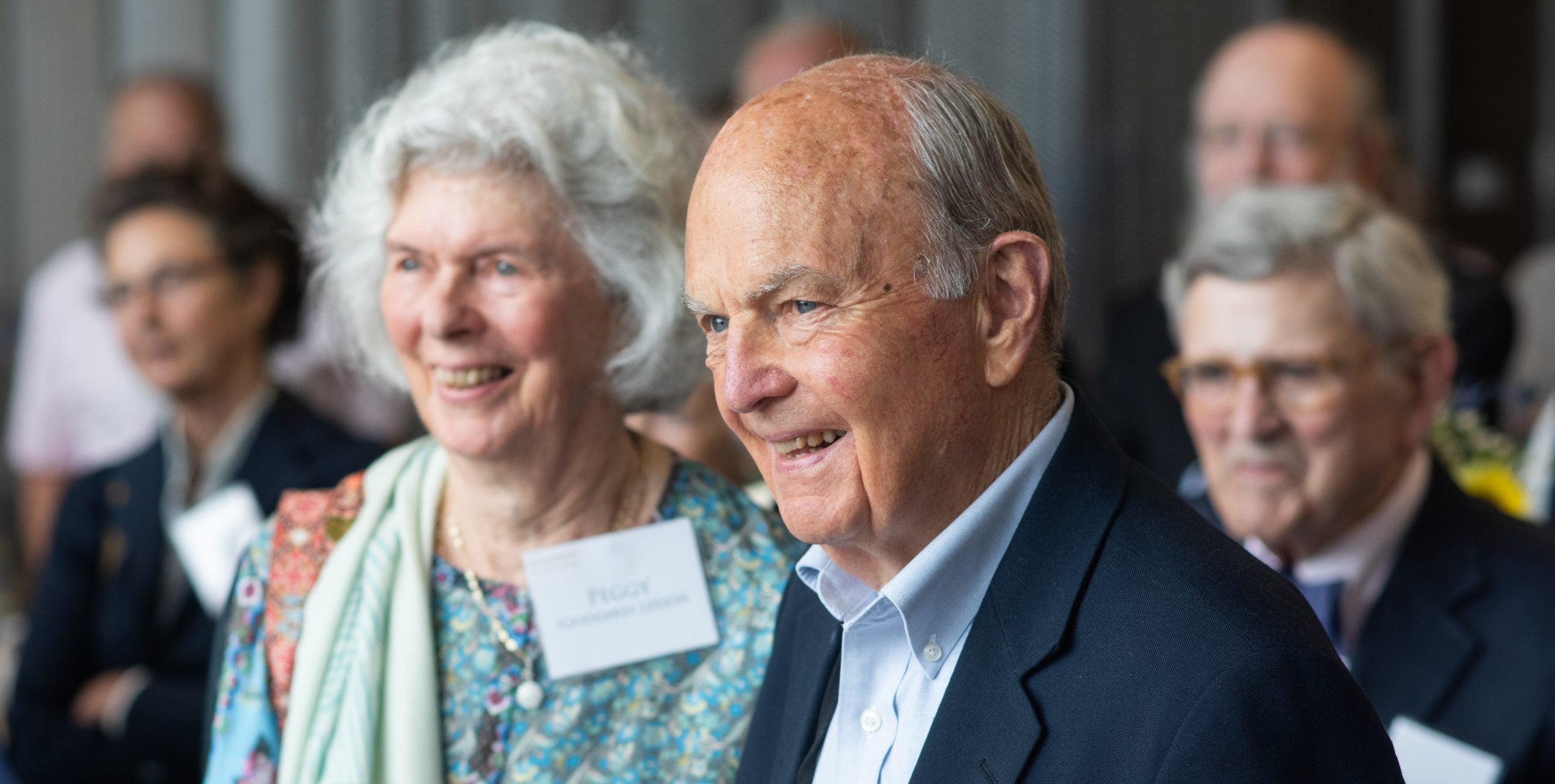
The Leeson Lecture was established in 2019 thanks to the generous support of donors to honor Metcalf Institute’s longest serving Advisory Board member, Robert Leeson, Jr.
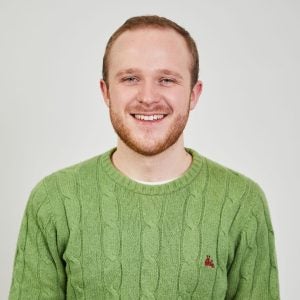
Monday, June 13, 1-2 p.m. EDT via Zoom
Mind the Gaps:
Accounting for Present and Future Flood Risk
Dr. Oliver Wing, Fathom
More than half of flood risk in the U.S. is unmapped, but new technologies are making it possible for researchers to update flood maps. Wing will describe future projections that show rising costs, disproportionate economic burdens within Black communities, and the urgent need for adaptation policies at local and national levels.
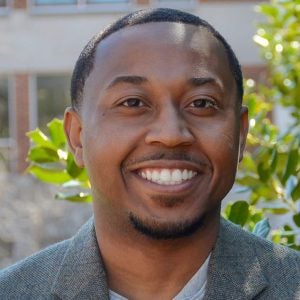
Tuesday, June 14, 1-2 p.m. EDT via Zoom
Stormwater Infrastructure Resilience and Justice
Dr. Marccus Hendricks, University of Maryland
Neighborhoods of color, particularly low-wealth communities, often face worse problems after storms than white and wealthier neighborhoods, especially as more frequent and intense stormwater runoff creates greater hazard exposures. Hendricks will describe infrastructure challenges and present solutions that integrate justice and participation into the redevelopment of community spaces, particularly in marginalized areas.
<

Wednesday, June 15, 1-2 p.m. EDT via Zoom
Lessons from Houston:
Remembering and Reimagining Life with Floods
Dr. Lacy Johnson, Rice University, Houston Flood Museum
The Houston Flood Museum was launched following Hurricane Harvey in part as a catalyst to reimagine the ways residents of the city, the Gulf Coast and the wider world are evolving through persistent natural disasters. Approaching Harvey’s 5th anniversary, Johnson will reflect on how disasters obscure, and reveal, the changing nature of our lives together on the planet.
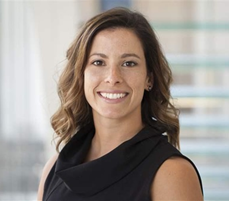
Thursday, June 16, 3:30-4:30 p.m. EDT in-person & via Zoom
NOTE THE DIFFERENT TIME
Corless Auditorium, URI Graduate School of Oceanography
215 South Ferry Road, Narragansett, RI 02882
Registration is required via the link below whether attending via Zoom or in-person. In-person seating will be limited; registrants may request to be placed on the waiting-list for a seat.
The Leeson Lecture
Creating Flood-Prepared Communities:
A Policy Agenda
Laura Lightbody, The Pew Charitable Trusts
Since 2000, floods have cost the United States nearly a trillion dollars in damage to homes, businesses, and critical infrastructure. The expense of adapting to more frequent and severe storms is projected to rise over the next several decades, placing a premium on the need to take action now to reduce the impacts of future floods. Lightbody will describe promising innovations in state and federal government that can meet the challenge and mitigate the risks of major flooding events.
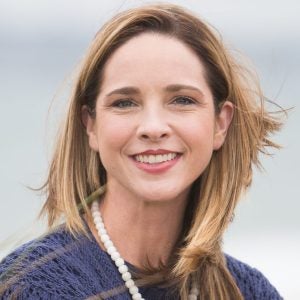 Katharine Mach
Katharine Mach
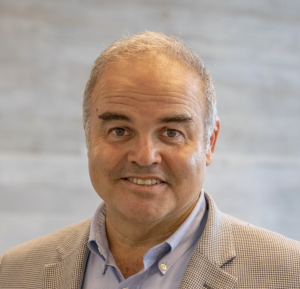 Xavier Cortada
Xavier Cortada
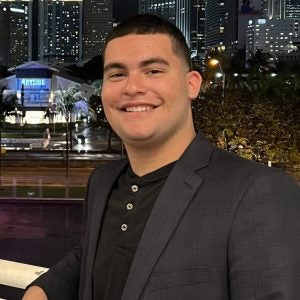 Gabriel Ferrer
Gabriel Ferrer
Friday, June 17, 1-2 p.m. EDT via Zoom
Community-Based Solutions to Rising Coastal Challenges
Dr. Katharine Mach, University of Miami; Xavier Cortada, University of Miami; Gabriel Ferrer, Miami Senior High School
Like many coastal regions around the world, Florida is a case study in the serious and complex threats posed by sea level rise. Panelists will describe their collaboration with Miami’s vulnerable communities on communicating the risks of rising waters through socially engaged art and solutions that address inequities and amplify local priorities.
